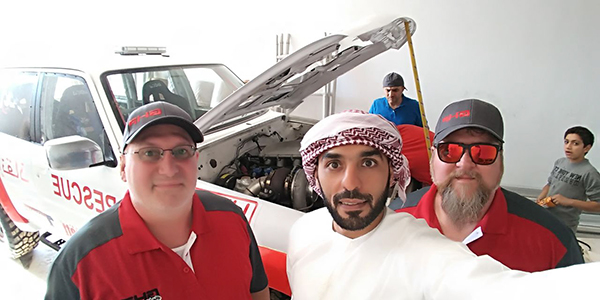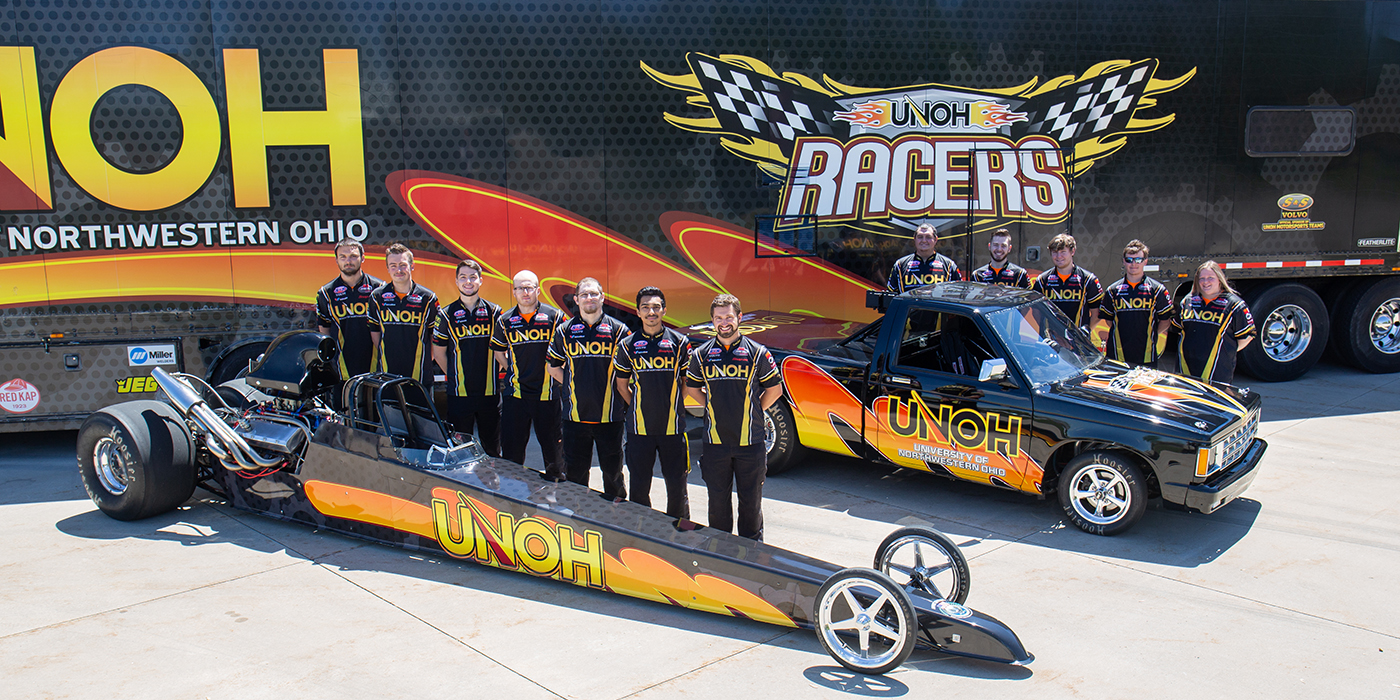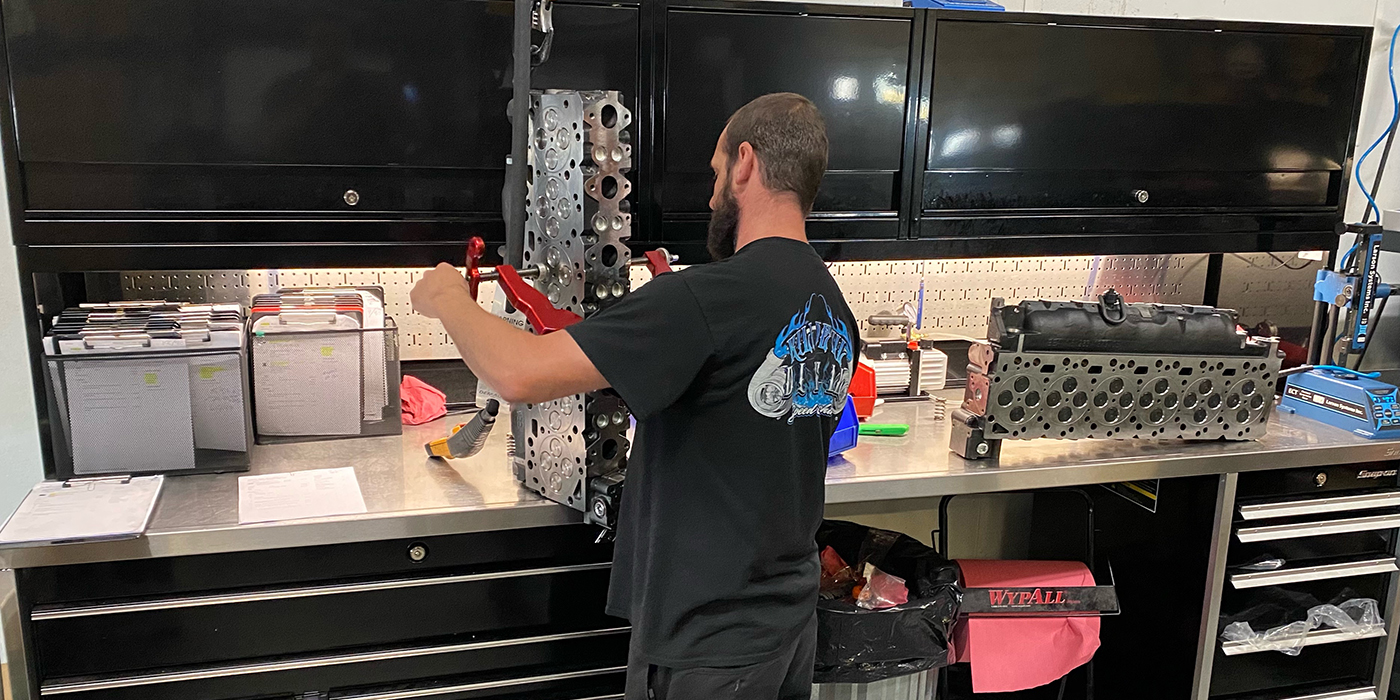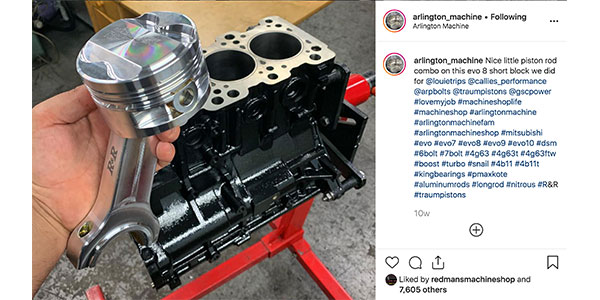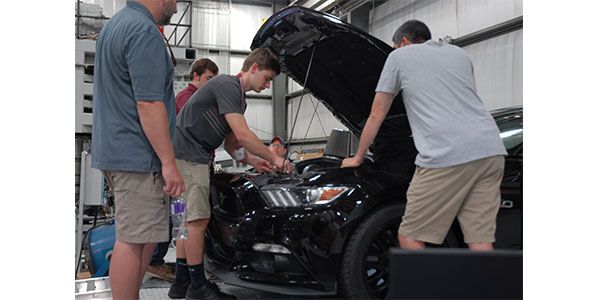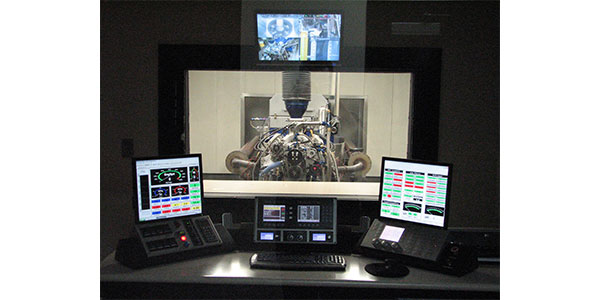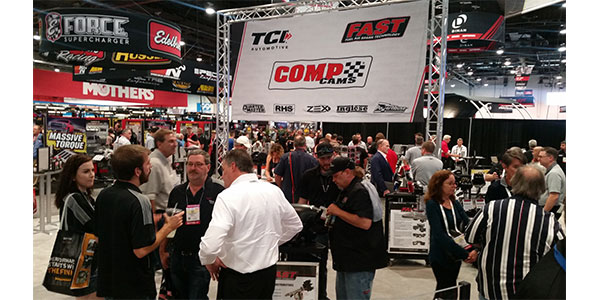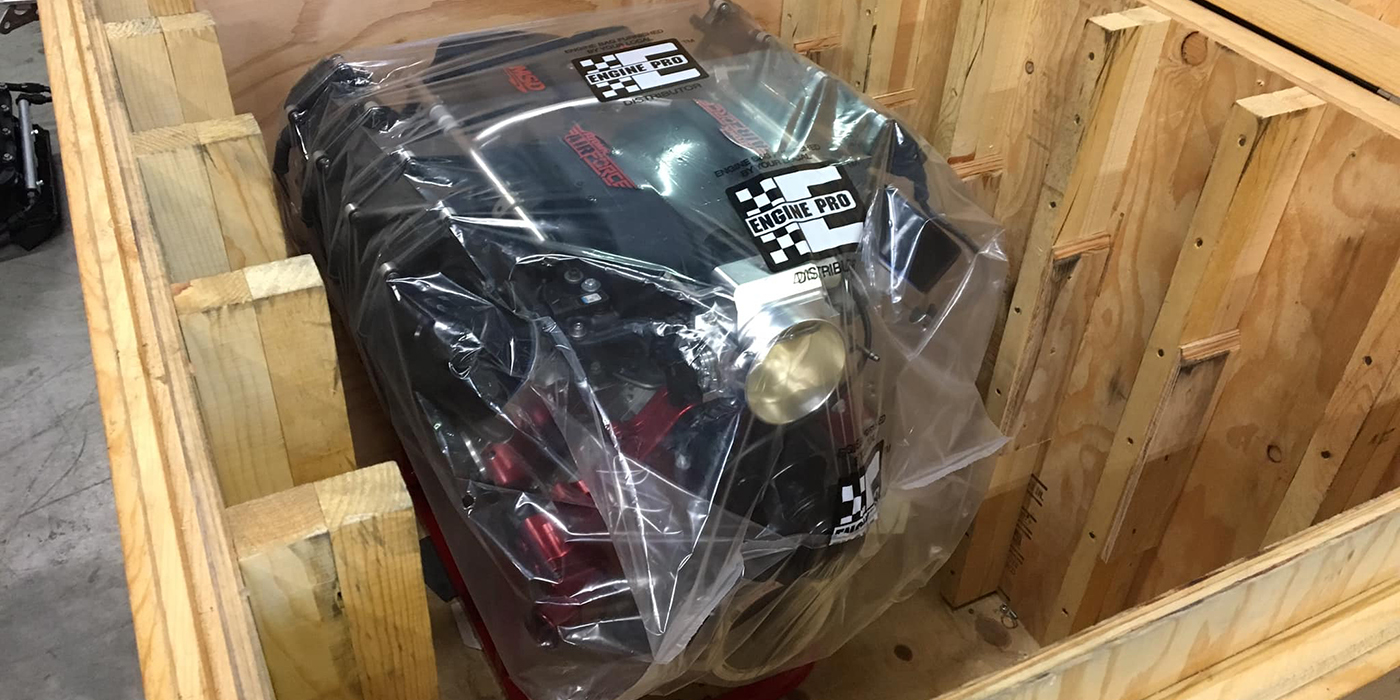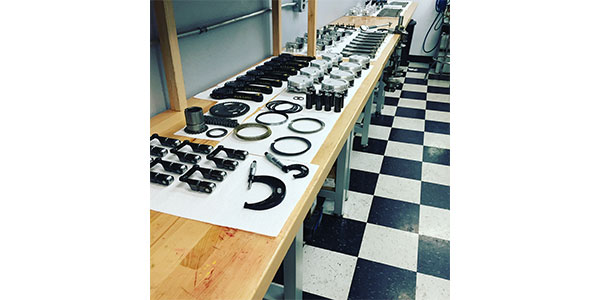I admit, the last place I thought I’d ever go was Disney World, and it’s also the last thing I would ever guess I’d bring up in an engine magazine. Nonetheless, I found myself there a few years ago. One of the rides, the name of which spawned the idea for the title above, floats you down a river on a completely animatronic tour depicting the well-known cultural traits from countries around the world.
The ride is a look into the past when international travel not only introduced you to old-world cultures, but required considerable preparation, some knowledge of the language, a suitcase that could withstand the wrath of a gorilla, and last but not least, a desire for adventure.
International business required much of the same, if not additional knowledge of language and culture. But for the last 30-or-so years, technology has been bridging the gap between foreign countries, leaving a wide-open opportunity for business to expand outside our borders.
The internet has changed the way we do everything. Cultures are blending and business has transformed into a global market. Make no mistake, taking the step into international sales will require some preparation, but the tools are at your fingertips like they never have been before. Yes, it could be just a sideline to start with, but it may grow into something big and business is business, so why not take advantage of it?
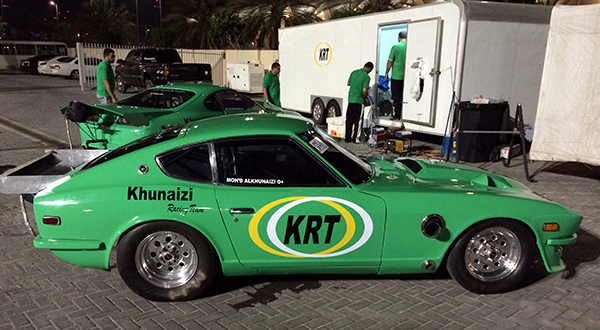
Global High Performance of New Middletown, OH, co-owned by Jordan Troggio and Don Parker, has been selling internationally for seven years. “We have customers on pretty much every continent in Europe, Central and South America and the Middle East,” Parker says.
Clint Anderson, owner of CNC Motorsports in Brooking, SD has been selling all over the world since 2001. “We’ve been involved in international sales as long as we’ve been in business, about 18 years,” Anderson says.
It’s certainly no surprise that the internet opens the doors to international sales. It’s your opportunity to introduce your products and services to the world. “The majority of our international sales are internet-based because that’s where they find out about you,” Anderson says. “It’s between that and other types of online articles or forums.”
“A lot of the initial inquiries start through an e-mail via our website or referral from someone else you know,” Parker says.
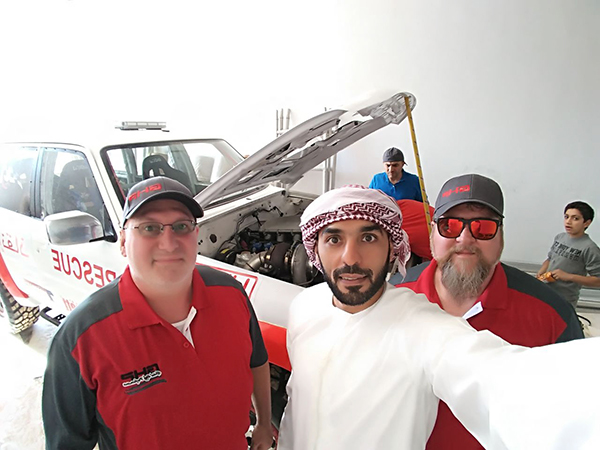
Since your website is where a lot of perspective customers begin their search, efficient navigation and a complete and accurate listings of what you have for sale and the services you offer is what will keep them engaged enough to make the decision to contact you. Due to time differences and some language barriers, many international customers may initially hesitate to contact you by phone, so providing a good experience on your website and promptly responding to email contact is important to establishing a customer relationship.
Once you get established in international business, the possibilities are endless. “We started to get referrals for all sorts of things from formula drift engines to crazy twin-turbo applications,” Parker says. “It snowballed into where we were providing engines for the Arabian super street champion.”
What about the market? There’s no secret to the number of motorsports enthusiasts in the U.S. and our worldly neighbors are no different. A quick glance yields no less than 75 countries with active racing tracks and courses, and global auctions are selling and shipping exotics, muscle cars and classics all over the world to collectors and enthusiasts, with an estimated 35,000-plus classic cars being exported to foreign countries in 2018.
Customer service and quality are paramount to international business and you should be prepared for this to be an integral part of your business model. “We like to focus on individual customer service and quality,” Parker says. “Trust is a big thing for them, and they don’t mind paying for value and quality.”
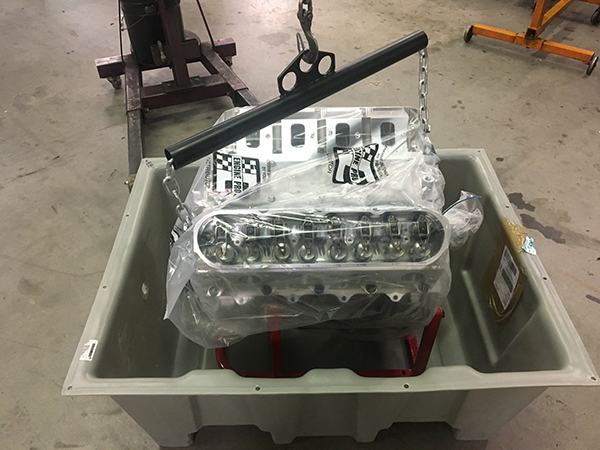
Adding more about customer service, Parker says, “You have to understand that this person, wherever they are, is spending money with someone that they don’t know, a measured distance away. Put yourself in their shoes and think of what it would take to make you comfortable.”
Communication is equally as important. “Be prepared to spend more time with your international customers than you do domestically, that’s probably the biggest thing,” he says. “Communication, no matter how good a person’s English is, it’s still their second language.”
Even though initial contact is quite frequently done by email, speaking with someone is the best way to ensure accurate communication. During an initial conversation, it is best to ask them a lot of questions – What are you doing with the vehicle? What does it weigh? What kind of transmission does it have? What gear ratio and what tire size are you running? – and so on. Not only is this critical information to know when approaching an engine build, but it is a much quicker form of communication and the best way to get a true understanding of your customer.
“They tend to get a little frustrated if you’re emailing back and forth, as if you are not answering them,” Parker says. “When you can talk to them and explain to them that in your opinion, the only way to build a custom engine properly is to build it for what it is to be used for, and that you want them to be satisfied spending their hard earned money with someone they don’t know, halfway around the world – then they get it.”
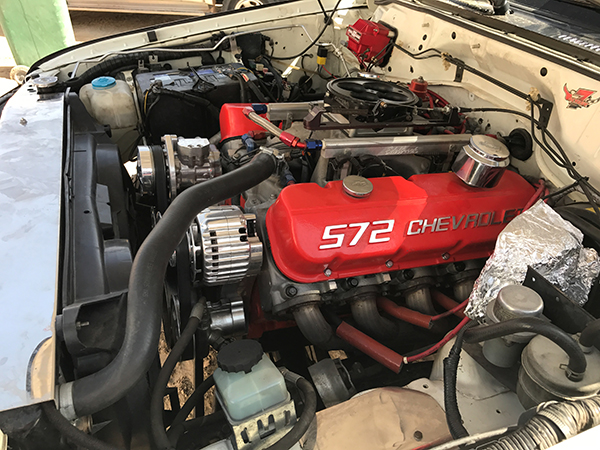
Those phone conversations go a long way to building rapport with your customer. “Typically, we get into some decent phone conversations just so I can put them at ease and invariably we wind up with customers and friends,” he says.
Additional factors to consider prior to a build are the fuel that is available to them and the rules and regulations associated with the type of racing they may be doing, all of which is easily determined in a conversation.
Payment can happen a number of different ways and credit card payment on your website may be one of the most common methods, but wire transfer is another possibility. “Ninety-nine percent of what we do is via wire transfer,” Parker says. “It’s not as convenient sometimes for the customer, but it eliminates a lot of potential problems.”
When a customer sends a wire transfer, they know the amount in U.S. dollars and the conversion is handled at their bank, eliminating any possibility for error or misunderstanding.
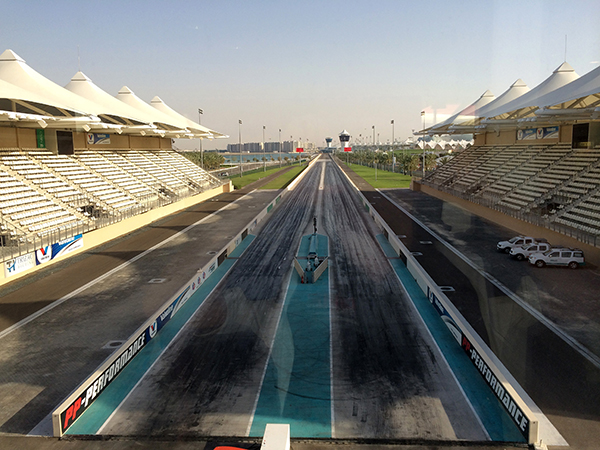
Shipping options are abundant too, including those for large and heavy items, which removes much of the legwork to get started. Well-known companies such as UPS and FedEx are well-versed in international shipping and there are multiple freight companies that specialize specifically in larger and heavier items. An established relationship with one shipper will quite often allow you to negotiate rates as well.
The best way to package an engine is in a crate so it is completely protected. “We start off with a typical engine cradle, then we’ll build a custom container around it,” Parker says, also pointing out to avoid problems in customs, you have to be really well versed in the proper paperwork, which is knowledge you gain from experience. Generally, no fluids or lubricants should be included and you should always be aware of international regulations prior to shipping.
Ultimately, with a few of these sales under your belt, it will become routine. “The majority of the world still sees America as the best when it comes to anything automotive related,” Parker says. “I think along with that comes a measure of responsibility, meaning if you can answer their question genuinely and honestly, do it, but don’t pretend to be someone that you’re not. If you don’t know the answer, tell them that you honestly don’t know but you care about their situation and you will get them the right answer. Once you do that, you’ll have a customer for life.”

